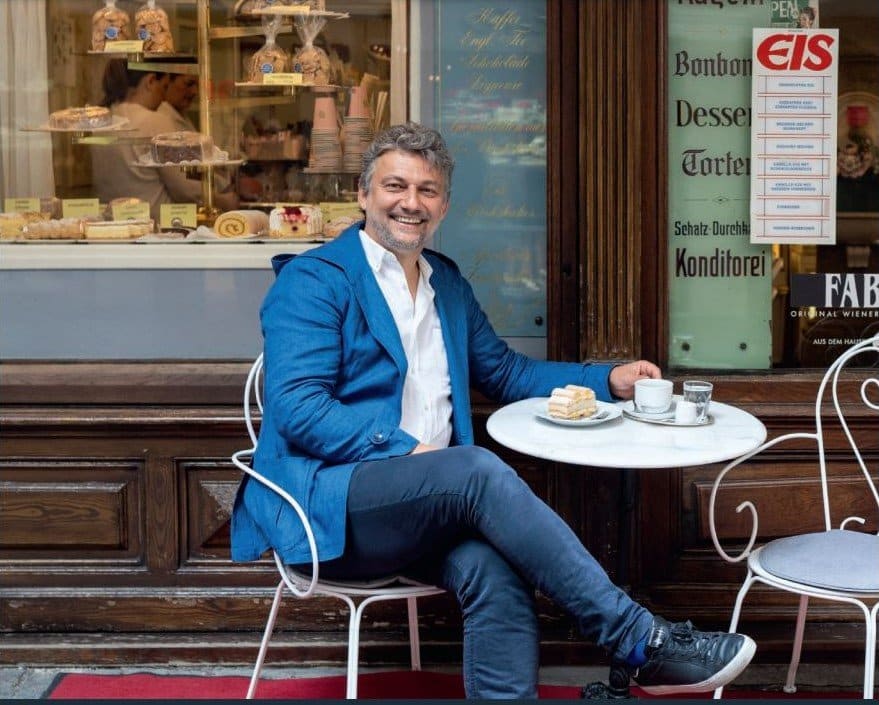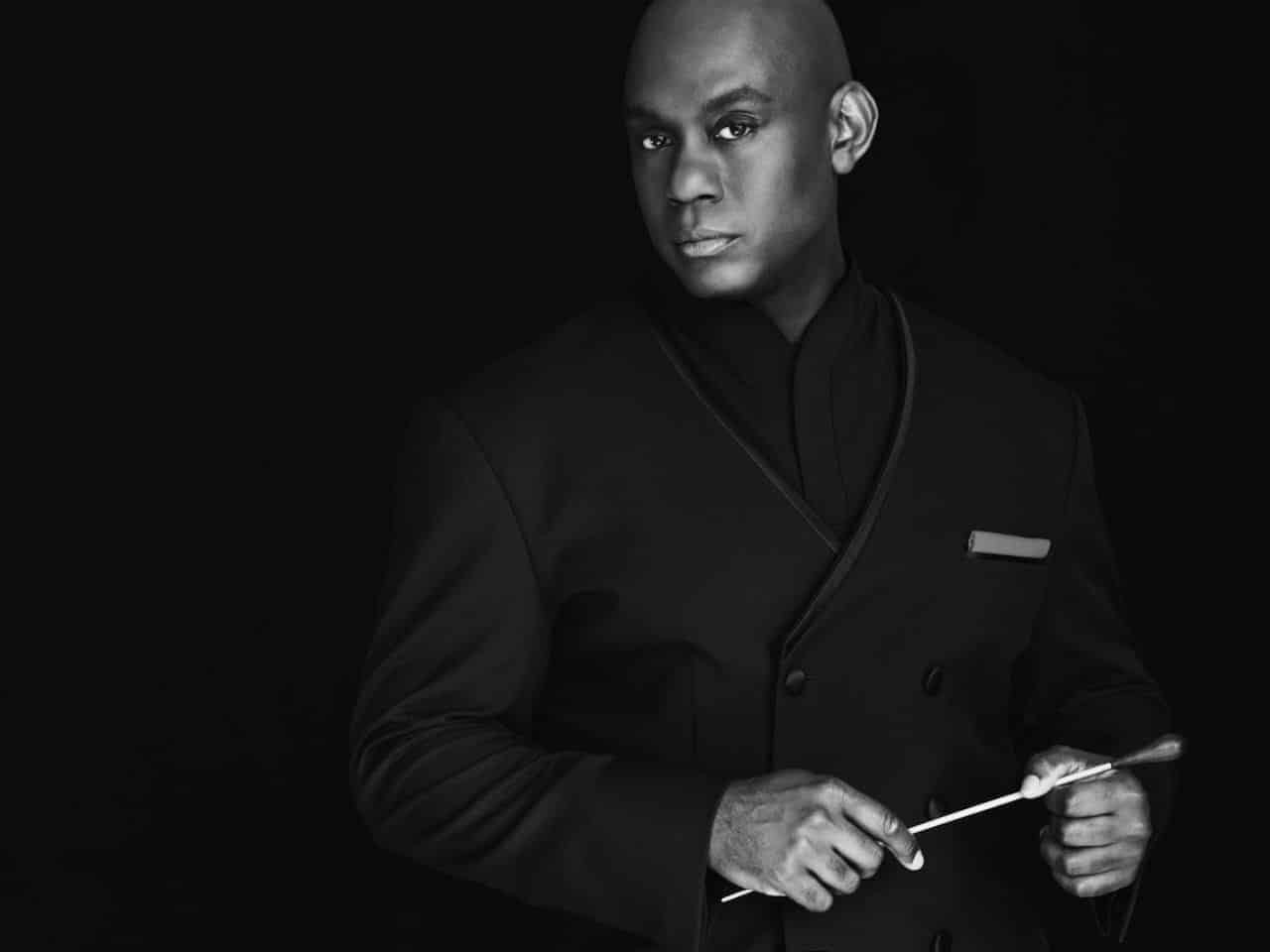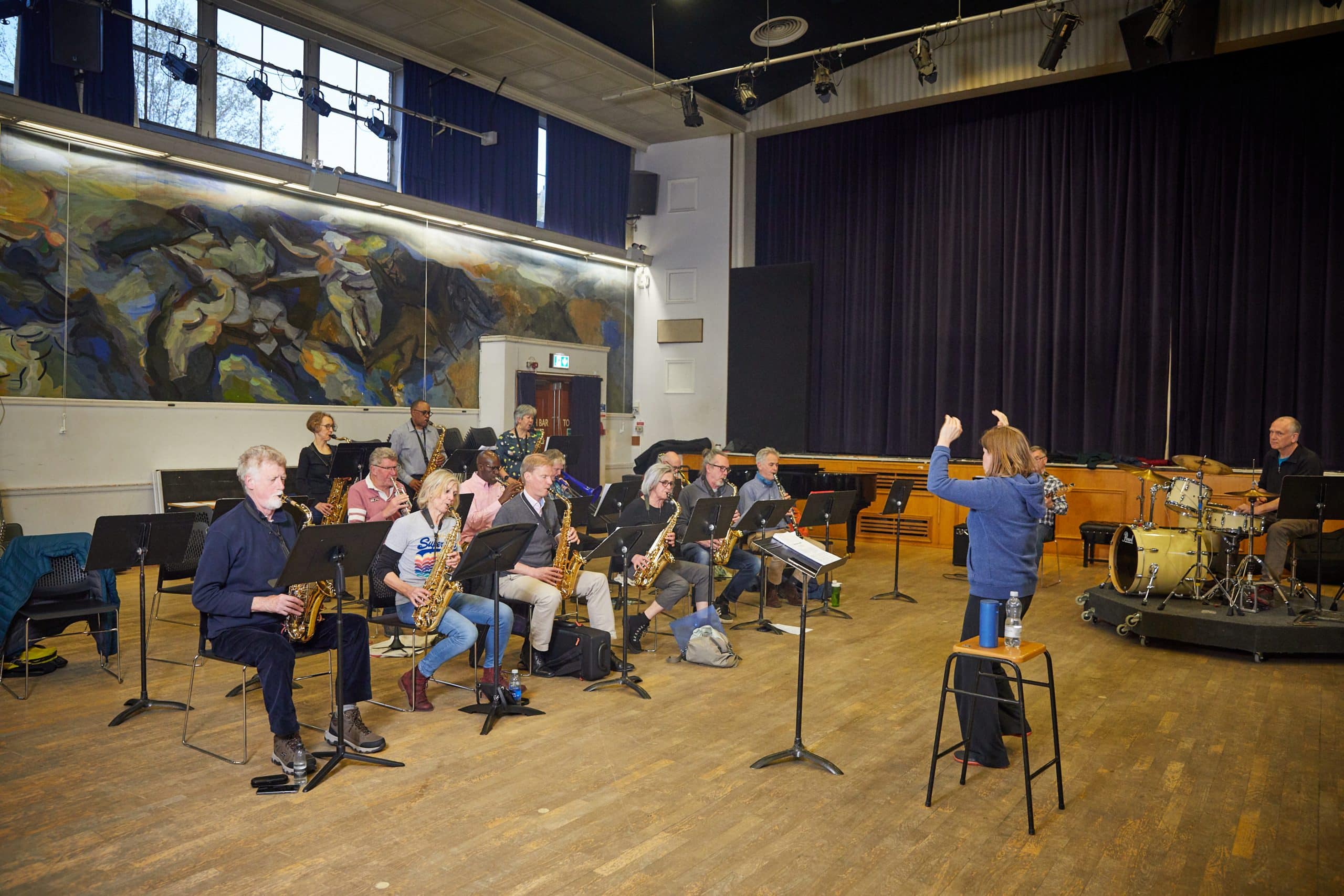Cornell President: Young scientists must be taught music and the arts
mainThe President of Cornell University, David J. Skorton, has endorsed the growing recognition of the importance of arts and music in the making of young scientists. In tune with Nobel Prizewinner Thomas Südhof’s declaration last week that ‘training in the arts prepares a growing child just as well for a scientific or technical career as [does] training in STEM subjects, if not better,’ Skorton – head of a university with campuses at Ithatca and Qatar – writes the following in Scientific American:
… to be truly effective, …what we really need is a much broader humanistic education for scientists (and nonscientists), beginning in K–12 education and continuing through the undergraduate/graduate and professional years. It is through the study of art, music, literature, history and other humanities and social sciences that we gain a greater understanding of the human condition than biological or physical science alone can provide.

UPDATE: Dr Skorton (below) practises what he preaches (h/t Dianne Winsor):






Art and music are sorely missing in our school system, but possibly even more sorely missing is physical education, and it has been shown that physical fitness improves brain function, science or not science subjects.
Comment: Dr. Skorton used “should” and not “must”. If it was “should” I would personally agree with; the use of “must” suggests it is only fair for non-scientists to at least be vaguely fluent in calculus/astronomy/physiology/something equivalent (great if you do, of course). The use of “must” is I believe not what the original author intended and seems somewhat confrontational (at least to me on first reading). — from, a professional scientist, amateur musican
Those of us in the humanities are “vaguely fluent” in math and science. That’s the whole point of a liberal arts education. But, we’re the ones whose departments are closing and experiencing major funding cuts in the name of reduing state/federal spending. We’re the ones generally denigrated in the public sphere. This is not to say that STEM is not important. I can’t even begin to count the number of budding scientists, dieticians, nurses, and business-folk I’ve seen in the last decade who can’t write coherently.
-PhD, English Language prof. & tutor
*reducing (lag for some reason)
President Skorton has the gall to write this after decimating the Theatre Arts Dept. at Cornell,
which now no longer offers a dance major?
It is UNBELIEVABLE he would say this!!!
President Skorton does not practice what he preaches, as the course offerings within the dept. were dramatically reduced and many full time employees were let go after decades of service.
There were many double and triple majors at Cornell who used the Dept. of Theatre
Arts as a respite for the rigorous academic life at Cornell.
Thank you for speaking the truth. President Skorton is a leading candidate for hypocrite of the year.
I have never been one for playing Devil’s Advocate. However, I have come to see that someones’ personal philosophies and desires for the state of things are not always in line with what their profession and position demands of them. If you were a University President, you would have to answer to many people, organizations that represent faculty and students, those who control the flow of money into the school (whether that be state boards or individual donors and the like), and a host of others I’m sure. It’s an inescapable part of leadership. Sadly, this often times leads to the artistic programs getting the short end of things, in spite of how much you try to fight that outcome. It can be a very helpless feeling. And then, to add insult to injury, you have to try to seem optimistic about the final decision, no matter how it truly effects you. This doesn’t necessarily mean that you’re being a hypocrite. You’re just playing your hand as best you can. Sometimes you have to do something you think is wrong to avoid negative repercussions that might be as small as an annoyance, but might also be big enough to cripple the University. While I am not in his mind, I certainly hope this is the case. Because if it is, then there is a good chance that he will rectify those cuts to the Theater Arts Program as soon as he is able.
I hope that this is good food for thought, at least. And I also hope that a more positive situation for the Theater Arts program presents itself soon.
In New York, alas, if not in other areas of the US, we’re all now beholden to the mad scene known as “Common Core.” I was astonished when a friend, a music teacher at an area elementary school, told me she covered FOUR schools. I also found that out when I saw the band teacher at our high school also conducting the middle school band. Would the football coach cover even 2 schools, let alone 4? Would anyone care, would it even make the news, if the lead trumpet player or the school band received a scholarship to Julliard? But the star quarterback getting a football scholarship to his 1st choice? That’s front page news. The arts are the first cut. The University at Albany just hired a top of the line (supposedly) football coach to replace a man retiring after 40 +/- years. Much hoopla, front page news. Will UAlbany make 1% the effort to engage a worthy successor for the late David Griggs-Janower, Choral Director extraordinary? Is Sarah Palin a liberal?
It’s the same in South Carolina, possibly worse. If your daughter doesn’t make the cut for cheerleading, it is a disgrace. Sports and sport heroes take precedence over the arts. Thousands jam the 2 rival colleges arena. Local theatre has died and band musicians are looked upon as basically uneducated. If you do not attend Clemson or USC, you can forget about securing a good job in these parts. Just sayin’.’
Well said, President Skorton! I am proud to be a Cornellian. Go Big Red!
This type of thinking from a university president is a small, but good step. Unfortunately, it’s almost unheard of at the elementary school level, where it really needs to be implemented. I can hear the uproarious laughter in the teacher’s lounge now, as someone suggests that increasing the budget for music education will help the overall development of students.
If that were true fire the 1st and the last one for out righe stupidty! The others would them tells you it sa great idea. How far we have fallen!
It wasn’t just by coincidence that Albert Einstein was an accomplished violinist as well as his accomplimpshments in the sciences!
Schweitzer, btw, was an accomplished organist, renowned for his interpretations of the Bach organ works. They were available on disc on Odyssey, Columbia Records budget label. That, alas, was once upon a time. So much stuff is sitting in the archives of RCA, Columbia, London Decca…One can get Pavarotti singing to his mistresses, no doubt, but historic recordings like Schweitzer playing the Bach organ works–fuhgeddabouudit
Do not need the President of Cornell to tell me this. As a physical educator (retired), I and my colleagues have been stressing the value and necessity of a broadly holistic, creative, comprehensive education for all students, at all levels for years. Curiously, I find scientists, across the spectrum to be most supportive of the arts. I would include physical education among those art forms. As we include dance, we should include all movement forms. Whether it be the graceful form of casting a fly rod, the delicate balance and quickness of a fencer or the rhythmic bounding of a triple jumper (all of these things I once taught) movement enhances neural function, stimulates valuable and necessary neuro transmitters. Incorporating music, art and physical movement into all learning disciplines produces the best learning environment possible. If we want truly engaged and enthusiastic life time learners, than it falls to us to create an environment that provokes and promotes curiosity, enthusiasm, cooperation and insight. The modern “Reform” movement in education takes us in exactly the opposite direction.
Mr. Herzog gives a wonderful perspective of physical education. As a cellist and somebody who loves participating in many sports, I agree. I compare playing a complex passage to skiing a field of moguls – equally exhilarating. Students who are not involved in learning, mind, body, and emotions never value learning for it’s own sake, that is, they don’t value learning at all. The core courses concept is flawed, and so many students are driven away in boredom.
Rationalism has been religiously fallowed since the XVI century. And look what it brought us: Men as little cogs in the production machine and, of course, the capacity of man to snuff the life of the entire planet with hydrogen bombs. What a progress!!! Music has the peculiarity, as well as literature, of awaken the sentiments and passions of the concrete man, no the abstraction that modern science has made of him. To include music into the formation of all those persons who want to pursue a career in the scientific or technical fields seems to me a great idea. And not only music, but also Literature, theater, etc. Remember, A. Einstein loved music and played the violin!!
You are barking at the completely wrong tree. Rationalism and ‘enlightenment’ is not to blame for our lack of holistic development of our brains. Religion is actually the white elephant in the room, that prevents our brains to develop, instead appeals to the reptile brain and switches large parts of the cortex off. the modern forms of religion, political and commercial propaganda, likewise.
The Greeks had it right, that art and science is actually the same. Since new neurological research shows, that the highest developmental stages of our brain, particularly the frontal cortex, are developed by these two. Religion on the other hand does block the brain and causes mental recession.
I’m not so sure religion is all that bad for the mind. Yes, believing facts blindly because “it’s what the book says” or it’s just what you grew up with is not exactly intelligent. Years later, you will have no basis to justify these opinions. On the contrary, a person that devotes time to study and understand the true purpose and message of religious leaders can draw a great deal of application and connection within their own lives. This realization is the difference between reading about the constellations and seeing them in the sky.
I’ve grew up a christian but I struggled with my faith for several years. It was only after being reminded of the truths of the gospel and my own self-seeking desires that I dedicated my life to Christ again. True religion is one that keeps challenging you day by day to improve your life, and the lives of others.
The main difference between Christianity and a lot of other religions is the acknowledgment that “all have sinned and fall short of the glory of God.” (Romans 3:23) No one can earn their way into heaven because God’s standard is absolute perfection (holyness). Christ’s gift of death on the cross saves us by bridging the gap between us and God. “And this is not of your own doing; it is the gift of God, not a result of works, so that no one may boast.” (Ephesians 2:8-9)
In short, the bible challenges me everyday to think differently about myself and the world around me. Blind tradition may cause mental recession but true Christianity does not.
IMHO I believe we need to pay heed to all the arguments posed by all the teachers of various subjects and do everything we can to respect the importance of all subjects. The above post stating the importance of physical education is true, as is the importance of social studies, arts, science and the list goes on. What this is speaking to is the need to develop PEOPLE, not musicians, scientists, mathematicians, etc….. It is cheesy but the latest Apple commercial hit the nail on the head with it’s statement “law, medicine, science are necessary to sustain life, but poetry, love and passion, these are the things we stay alive for”. I fear the day all of my doctors have done nothing in the area of humanities, the day my lawyer has never stopped to experience beauty for the sake of beauty. I have told my students (I am a music teacher) that without the arts and beauty for the sake of beauty we are stripped of our humanity and are reduced to nothing more than reacting to animal instincts, like a lion on the Savannah. We must never lose sight of the need for fostering human beings. If everything we do is only in pursuit of monetary or social gain we are losing the most important aspects of humanity.
Bravo, Bill!
Diedre (above) is absolutely right. There were also cuts to music faculty–not even close to the scorched-earth Theater & Dance cuts, but which affected me directly. The sentiment if awfully disingenuous coming from someone who presided over multi-billion dollar contracts with Google for Cornell’s tech campus and giant new labs on campus while simultaneously letting NTT faculty go because the university couldn’t afford their (rather meager) salaries.
Edit: *Sentiment “is” disingenuous
Dr. Skorton is an accomplished musician and shares his enthusiasm with the students by participating with them in formal musical events and informal jam sessions. He has built positive relationships through music.
what about vice versa? the humanities aren’t here to serve and supplement scientific thought; they exist as compliments to analysis, not components of it. in other words, why aren’t the humanities taken seriously as independent endeavor, which at times requires scientific and mathematical affiliation? for example, if literature is the antithesis to scientific argument, which it is, we should acknowledge its capacities as a skill set as well as an art. douglas hofstadter proposes that analogy is the core to cognition, and if he’s correct, then the arts not only necessary–because they’re contingent on analogy–but they PRECEDE scientific truth in our ability to understand the universe. what good is ‘fact’ if it’s void of meaning?
as for history and archaeology, these are the intermediaries between arts and sciences. they bridge the gap and fill the record of times bygone. how are we to understand our future without our past? the point is, people need to be taught how to think. they need a balanced education. at present, balance suffers funding because of what’s valued in a post-enlightenment society. when our so-called educational institutions can look beyond vogue, only then will posterity receive balance. this was once called the trivium and quadrivium. then, scientific knowledge superseded truth.
science has awe-inspiring facility for discovery. no one’s disputing that. but we have allowed that facility to become god, which is counterproductive to scientific thought. it’s counterproductive because it leaps beyond what it entails. david eagleman says most astutely that the triumph of science has taught us how little we know. since we should humble ourselves, what better way than by making sense of our ignorance through the humanities? scratch that: what better way of reaffirming human truth than with scientific fact?
Public schools are under attack. They are attempting to eliminate/minimize everything of creativity and value and replace it with Common Core. Some are eliminating cursive writing. What do we want? Cogs in a machine that can’t only sign an “X?” Be aware.
When those in education truly reach across curriculum and work together illustrating the connection between the Arts, Math, and Science then and only then will we turn out fully rounded students.
As an art educator (retired) I have very successful scientist daughter
and scientist son. They are tenured at major universities, made
major discoveries, hold valuable patents that create extensive
employment, and what and illnesses are being relieved using their
findings. Yes, they had good science teachers, but their creativity was
largely an outcome their creative art endeavors as children. They
describe too many science grad students who are very knowledgable
but lack imagination. Some even make discoveries, but dismiss as
mistakes.
Good point you make. If they one only know theory, but don’t have the creative mind to use the knowledge they won’t be efficient.
In 2012 the Swiss people passed a law, which encourages music teaching.
Last sentence of the government news: “Musikhören und vor allem das aktive Musizieren fördern die sozialen, geistigen und kreativen Kompetenzen junger Menschen.”
(Translation: Listening to music and especially the active music making foster social, mental and creative competences of young people.)
In something connected to this, Stephen Hough wrote a blog “Can you be a musician and not play or read music?”. Quote: “Listening to music should always be an active process, and those who attend (pregnant verb) concerts, who listen, who respond, who treasure what they hear there, are musicians.”
This is an excellent argument why not only music teaching should be subsidized, but also the performances of the “high culture”.
Does this mean that Dr. Skorton going to urge his budding scientists and technology entrepreneurs at the yet to be built Cornell-Technion Joint Venture facility on Roosevelt Island (i.e., Bibi’s baby) to take courses at Juilliard and Pratt Institute so that they will be able to design more effective and deadly laser weapons for the Pentagon, or more sophisticated neurophysiology mind-control drugs and other therapies for the CIA, or more sophisticated surveillance programs for the NSA and our other partners in crime? An educated and elastic brain is no assurance of critical thinking or moral character.
Meant to say; “Does this mean that Dr. Skorton is going to urge….”
Hogwash. Ignorance of basic maths, like compound interest and inflation, has cost society much more over the last decade than ignorance of music or theatre. And ignorance of basic science, for example vaccinations and global warming, stand to cost us much more over the decades to come.
My son, Jordan, is waiting to hear about acceptance into the Cornell School of Engineering. He loves Science and Engineering. He has also been the lead singer in a local teen band since the age of 11. He’s performed several hundred hours of community service while in the band and now on his own. This has made him a very well rounded young man and I think music and arts are just as important as math and sciences. Unfortunately, with all the state testing and budget cuts, arts and music are being removed from High Schools all over the state. It’s a true shame. I hope this changes soon.